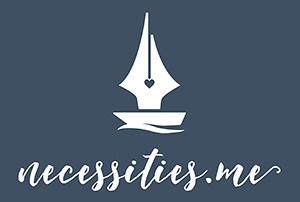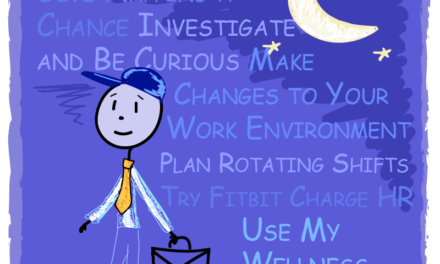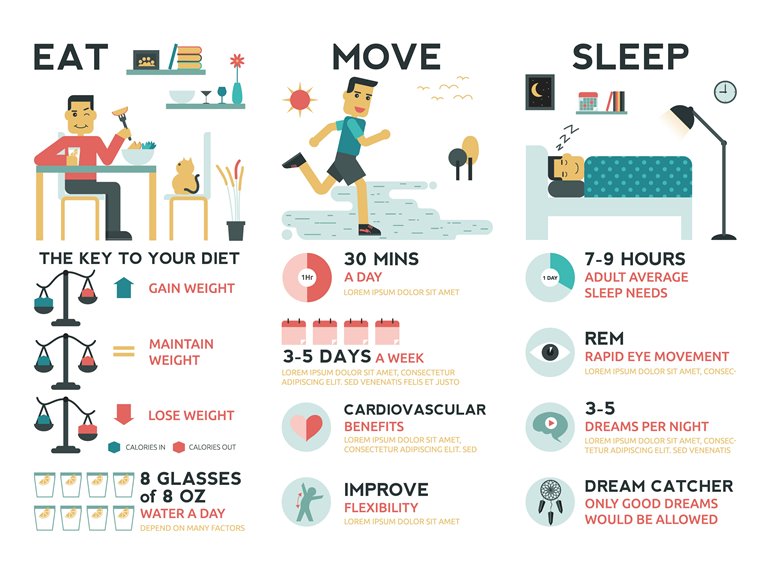Why is sleep important?
I once worked with someone who was ahead of me (in work title and years under the sun) in the corporate world. He was someone who I now suspect was sleep deprived (compounded with high stress job). People regularly received work emails from him at wee hours and he was one of the first people in at work. It wasn’t like he was sleeping in. I once asked him ‘why should I aspire to be where he is’? He responded by saying ‘more training, more exposure and a better lifestyle’. I later thought to myself “better lifestyle” right!
He was an extremely intelligent and hard working person but being in a leadership position where several people reported to him, working with him was like treading on eggshells. He lost patience easily, micromanaged people and was increasingly short tempered. This interaction led me to associate sleep with self-compassion – which comprises of three main components of self-kindness (we tend to treat other people in the same way we treat ourselves) , common humanity (everyone needs sleep)and mindfulness (which is dependent on sleep quality). He drove people to work harder and many lost their work life balance. And then my husband told me one day “he is whipping others as hard as he whips himself.” It was an ‘aha’ moment for me, where I was able to join dots between sleep, self-compassion and effective leadership.
The primary role of a leader is to be able to spot the iceberg before it hits the Titanic. Considering that he had trained himself to survive on very little sleep, would he be cognizant to spot the iceberg? And was this the best version of who he could be?
Why is sleep important?
- During sleep our body regenerates and preps itself for the following day’s activities. Sleep is an excellent antidote to recover from a strenuous workout. Sleep deprivation can have an adverse effect on your workout intensity and recovery.
- People who sleep well have balanced moods, feel better, live longer and have sustained energy levels throughout their day.
- Sleep deprivation hinders metabolism and hormone production in the body. It may lead to depression, anxiety, high blood pressure and diabetes.
- Sleep deprivation causes drowsiness that result in accidents, industrial mishaps and poor productivity at work (most common among shift workers).
- Sleep deprivation was used as wartime torture. Yet we chose to inflict this upon ourselves willingly. Two sleepless nights will result in poor concentration. Three sleepless nights will cause difficulty in thinking, seeing and hearing clearly. Beyond three days you will lose contact with reality and become paranoid and fearful.
- Sleep is very important for problem solving. REM sleep (rapid eye movement) is the stage of sleep where you dream. This is the time when psychological stressors are dealt with. REM sleep is essential for creativity. REM sleep also helps with the preservation of memories – specifically procedural, spatial and emotional memory.
Here is a journaling exercise for you to create a new restorative sleep habit.
- How many hours of sleep are you getting every day? (For one week, use your wellness journal to record quality and quantity of your sleep)
- How are your sleep habits influencing your mood and energy levels? (Use your wellness journal to track your moods and energy level for one week)
- What sleep hurdles do you see in your life? (List them in your wellness journal. When you spend a little time on the negative or what’s likely to get in the way of achieving a goal, you can address such hurdles head on. It’s called mental contrasting and will increase your chances of turning your intentions into actions.)
- What strategies can you put in place to overcome these hurdles? (I live next to a busy and noisy road; I might not be able to change that immediately. I can however convert my bedroom into a sleep sanctuary. By removing all electronic items from my sleep area. When completing this exercise be a creative problem solver.)
Distractions in life constantly impinge upon our personal freedom. With increased demands on our time, sleep is an area that we must become passionate about protecting. Please share with us what is your sleep strategy and what’s working for you. We can all learn from each other!
Ps: Arianna Huffington is an enthusiastic sleep spokesperson. The possibility that getting enough hours of sleep under your belt could result in effective leadership, nurturing friendships, productive employees, compassionate parenting or a loving spouse seems simple. In this increasingly complex world, doesn’t simplifying seem like a good idea?
Words To Grow By
Dalai Lama
“Sleep is the best meditation”.




